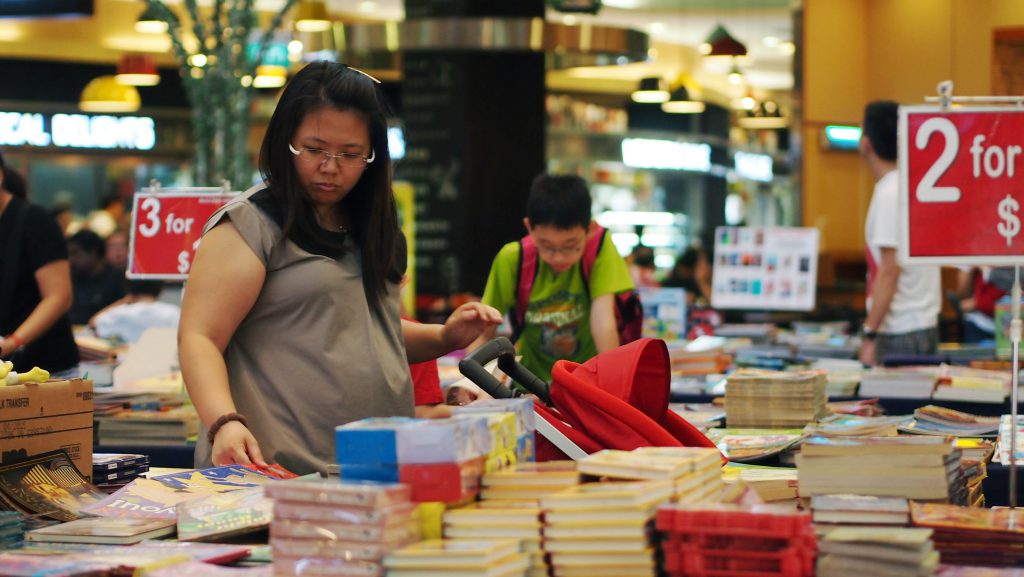Two stories on class in Singapore: Diversity or division?
January 29, 2019

Associate Professor Tan Ern Ser from the NUS Department of Sociology and Institute of Policy Studies researcher Tan Min-Wei contributed an essay titled “Two stories on class in Singapore: Diversity or division?” in Managing Diversity in Singapore (World Scientific, 2016). An excerpt of their essay is featured in an article on the online news platform Mothership.
The authors state that one of the places where Singapore’s nascent class structure is constructed is the school. They bring attention to the “Bukit Timah belt of schools”, a site home to several “elite” schools. Here, a child whose family can afford to live in the costly neighbourhood of an elite school, or whose parents have the time and skills to volunteer their services, has a higher chance of getting into the school, suggesting that Singapore’s school allocation system has an unintended consequence of favouring those from a higher socio-economic background. The authors stress that class influences access to so-called better schools, and thus the likelihood of achieving good grades, which consequently contributes to greater success in the working world. This is complemented by connections and exposure to certain values, knowledge, and social skills. Together, these encourage a tuition “arms race”, as kiasu (afraid of losing out) parents rush to ensure that their children are better-equipped to excel academically. In the process, what was originally intended for weaker students to catch up has been weaponized by better students to gain a competitive edge. Furthermore, this not only favours families who can afford enrichment and tuition opportunities, but also reduces the class and ethnic diversity of “elite” schools.
Although measures have been taken to prevent “elite” schools from becoming closed circles where class reproduction operates through the enrolment system, the authors point out that little has been done to stop kiasu attitudes at the top. Moreover, streaming ranks one’s academics above everything else, and can be damaging to a student’s self-esteem, resulting in self-fulfilling low achievements.
Nevertheless, the government has recently introduced measures to help Singaporeans beat the odds of their respective “starting points” in life, and to “level-up” those from disadvantaged backgrounds. This includes a renewed focus on preschool education, a greater emphasis on skills training and apprenticeship in the Institute of Technical Education (ITE) colleges and polytechnics, and SkillsFuture, which aims to promote lifelong learning, future-readiness, and the message that there are different pathways to occupational success. However, as the authors emphasize, such ideals remain an aspiration.
Read the article here.
